
By Hene Aku KWAPONG, CDD Fellow
Ghana is at a breaking point. Our rivers run brown, our forests lie wounded, and our farmlands—once the pride of our people—are drowning in the toxic byproducts of greed. Illegal small-scale mining, known locally as galamsey, has moved beyond environmental vandalism. It has become an existential threat to the Republic.
The question we must confront is brutally simple: will the government deal with this crisis now, or wait until it evolves into an armed conflict—where organized groups defend an illegal trade that has captured their livelihoods?
The moment for cosmetic solutions has passed. Ghana needs a structural transformation rooted in law, local governance, and courage.
Hene Aku’s 9-Point Plan
Care about the villages again
The true vacuum of governance in Ghana is not at the national or regional level—it is at the village and town level. Our rural settlements have no formal administrations—no village managers, no town managers, no clear lines of civic authority. There is no one legally mandated to coordinate development, enforce basic standards, or even account for what the minimum set of amenities for a viable community should be.
As a result, rural Ghana is rudderless. Entire populations live in governance shadows, outside the reach of both the state and its accountability systems. This vacuum is what allows illegal mining to thrive. When there is no local structure to defend the environment, outsiders with excavators and cash easily fill the void.
If we are serious about protecting the environment, we must first rebuild local administration from the ground up. Every village and town should have a formal governing structure—with legal authority, dedicated budgets, and an accountable manager—tasked with maintaining the essentials of civic life: clean water, functioning roads, waste management, and environmental oversight.
Without village and town administrations, all other reforms will fail. We cannot fight illegal mining with a bureaucracy that begins 60 miles away.
Cancel all existing licenses and begin anew
Ghana’s small-scale mining licensing regime is rotten to its core. Licenses are routinely granted to political intermediaries, speculators, and absentee financiers—many of whom have never visited the land they claim to mine.
To restore credibility, all existing small-scale licenses should be revoked, and every applicant should reapply under a new, transparent system. This is not a punitive act; it is an act of national cleansing.
A national re-licensing commission—composed of the Lands Ministry, Minerals Commission, Environmental Protection Agency, and vetted civil society organizations—should review all applications afresh. Only those who demonstrate environmental responsibility, community integration, and proof of legitimate land rights should be approved.
No land, no license: reform the mining laws
At the heart of our problem lies a legal contradiction. Ghana’s laws separate land ownership from mineral rights. The state owns what lies beneath, while the people own what lies above. This duality has left our rural citizens powerless against licensed destruction.
To fix this, Ghana must reform its mining laws to reflect best practices from leading gold-deposit nations—such as the United States, Australia, Canada, and Russia—where landowners possess both land and mineral rights.
In those systems, only landowners can hold or approve a mining license, while the government retains veto and regulatory powers. This alignment creates personal accountability and economic justice. It ensures that those who benefit from extraction are the same people responsible for protecting the land and its future.
Without this legal correction, our mining system will remain extractive, unjust, and unsustainable.
Local approval must be mandatory
Mining happens in communities, not in ministries. Therefore, no mining license should be valid without formal approval by the affected village or town administration (once such structures are established). Chiefs and local councils must have a binding voice—not just ceremonial consultation—in determining whether mining occurs on their land.
When communities own the decision, they will own the outcome. Local consent transforms mining from an imposition into a social contract. It reintroduces the moral and cultural guardianship that once defined how Ghanaians related to the land.
Create mining cooperatives in every district
Illegal mining is sustained by fragmentation. Thousands of individuals operate chaotically, beyond any collective control. To end this disorder, Ghana must adopt a cooperative model.
Each mining district should have registered cooperatives composed of local members only. No cooperative, no mining. This structure introduces organization, accountability, and shared responsibility. It also simplifies oversight, taxation, and environmental monitoring.
When people work collectively under a legal cooperative, they become easier to regulate—and more invested in compliance.
Employ locals—turn destruction into dignity
At its root, galamsey is an economic crisis. It survives because it feeds people. We cannot criminalize poverty while ignoring its cause.
All licensed cooperatives should be legally required to employ residents from the local district. This ensures that mining revenues circulate within communities and provide alternatives to the desperation that fuels illegal mining.
When legitimate work replaces illegal survival, people defend the law rather than break it.
Sell gold transparently through official channels
The illicit gold trade is the financial backbone of galamsey. Smuggling and underreporting cost Ghana hundreds of millions annually. To dismantle this underground economy, all cooperatives must sell gold only through licensed aggregators or through the government’s Goldbod platform.
This transparent system will ensure traceability, proper taxation, and fair pricing—removing the incentives that drive illegal trade. It will also strengthen Ghana’s gold reserves and stabilize its foreign exchange earnings.
Enforce real penalties for environmental crimes
Polluting a river or destroying farmland is not a minor infraction—it is a crime against national survival. Ghana must therefore legislate a mandatory 25-year minimum sentence for anyone engaged in unauthorized mining or environmental destruction tied to it.
The purpose of law is deterrence. For too long, offenders have paid token fines and returned to business as usual. Strong penalties, consistently enforced, will reset public behavior and signal that environmental crime is now a serious national offense.
Establish a National River Authority—with enforcement power
Restoring Ghana’s rivers cannot be another bureaucratic exercise. We already have too many overlapping agencies—the Water Resources Commission, EPA, Minerals Commission, Forestry Commission—each with fragments of authority but no unified power.
The National River Authority (NRA) must therefore be the outcome of rationalizing these existing bodies into a single, focused institution responsible for the protection, restoration, and sustainable management of all water bodies.
But this time, the NRA must not be a paper tiger. It must be granted law enforcement powers, with its own corps of trained officers—much like park rangers or environmental police—authorized to make arrests, confiscate illegal equipment, and enforce river protection laws in the field.
This is the only way to ensure that environmental policy moves from theory to action. Agencies that can only “advise” while watching destruction unfold are obsolete. Ghana needs an institution that can act.
The time for evasion has ended
Illegal mining persists not because we lack laws, but because we lack structure, courage, and accountability. Our rural areas are leaderless, our institutions fragmented, and our laws outdated.
If we continue this way, galamsey will not simply destroy the environment—it will destroy the state. Once the illegal gold trade becomes militarized, we will be fighting insurgents, not miners.
We still have a narrow window to act—to build local governance, reform our laws, and reclaim our rivers. But that window is closing fast.
The gold beneath our soil should have been a blessing. It is fast becoming our curse.
The post Act now before illegal mining turns into armed conflict appeared first on The Business & Financial Times.
Read Full Story
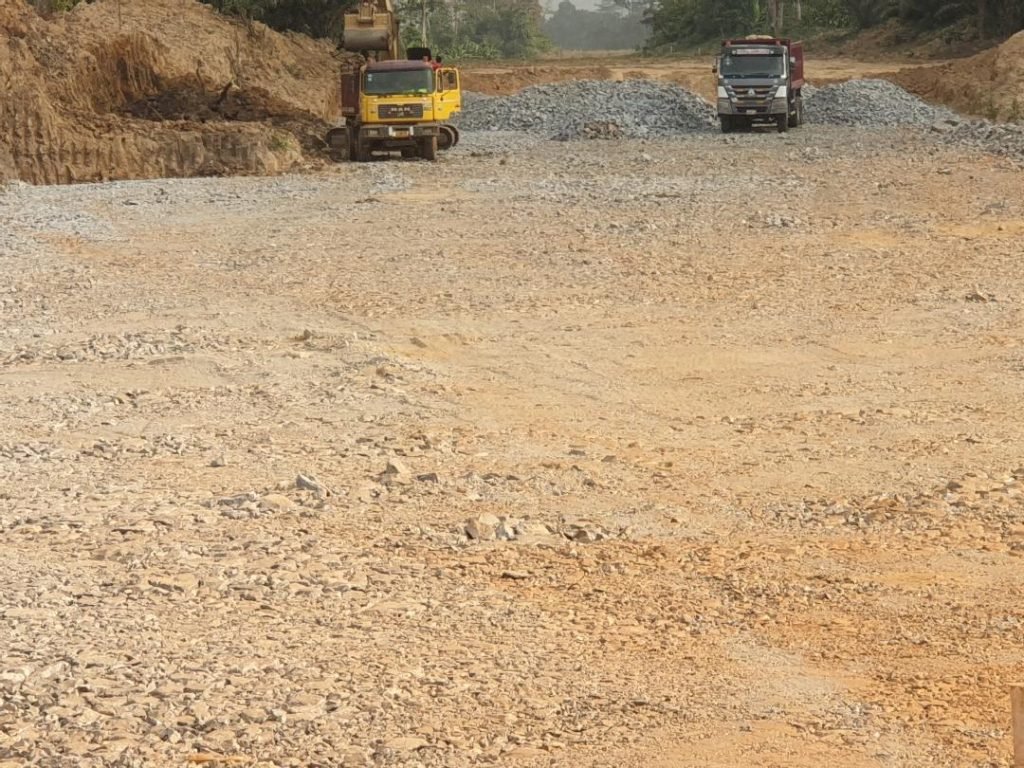
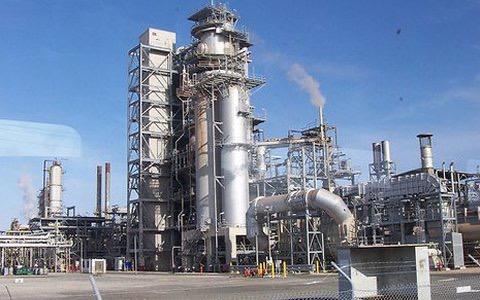

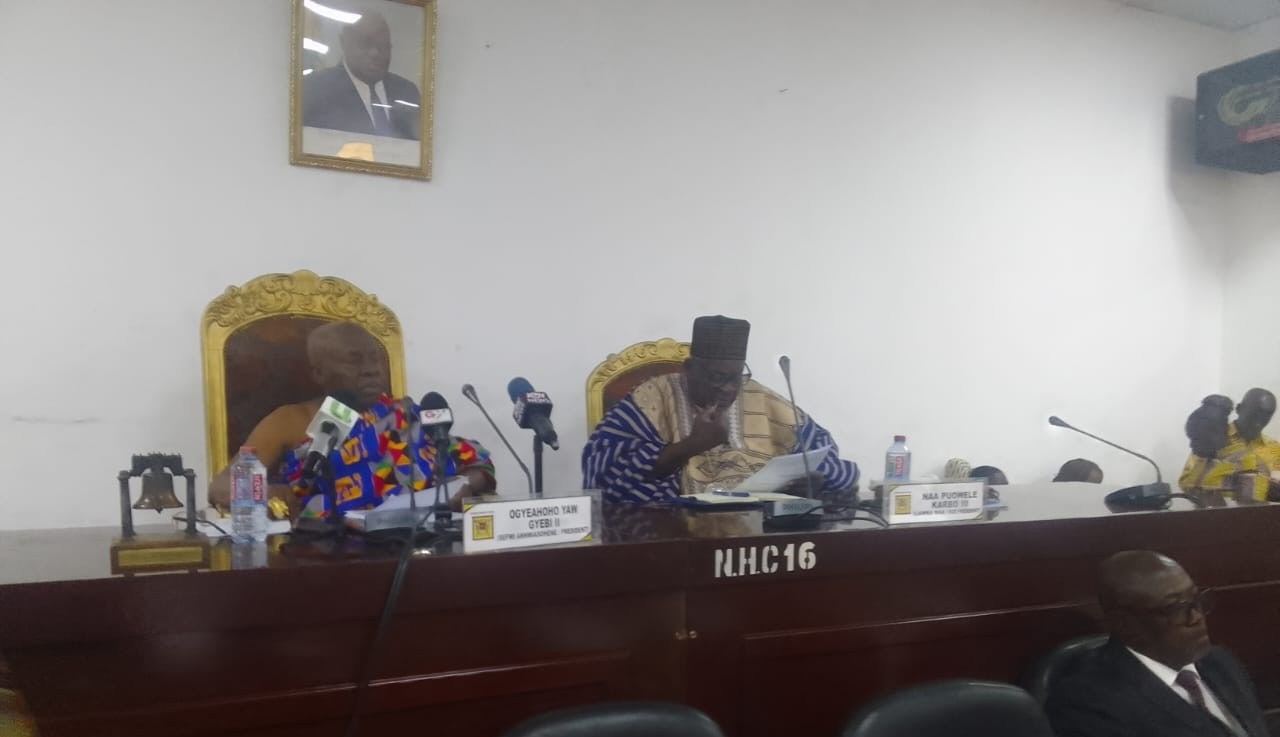

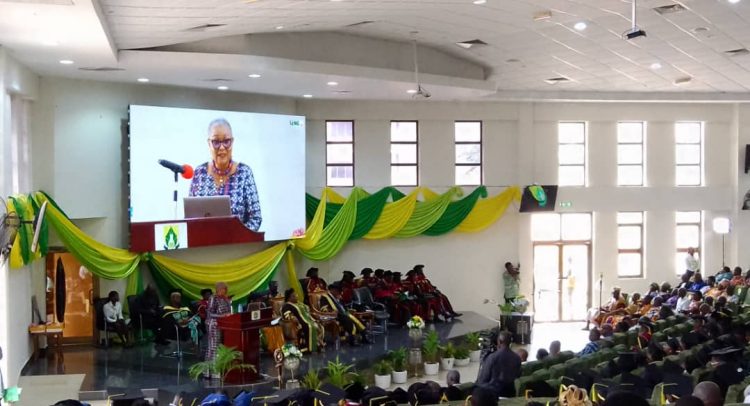





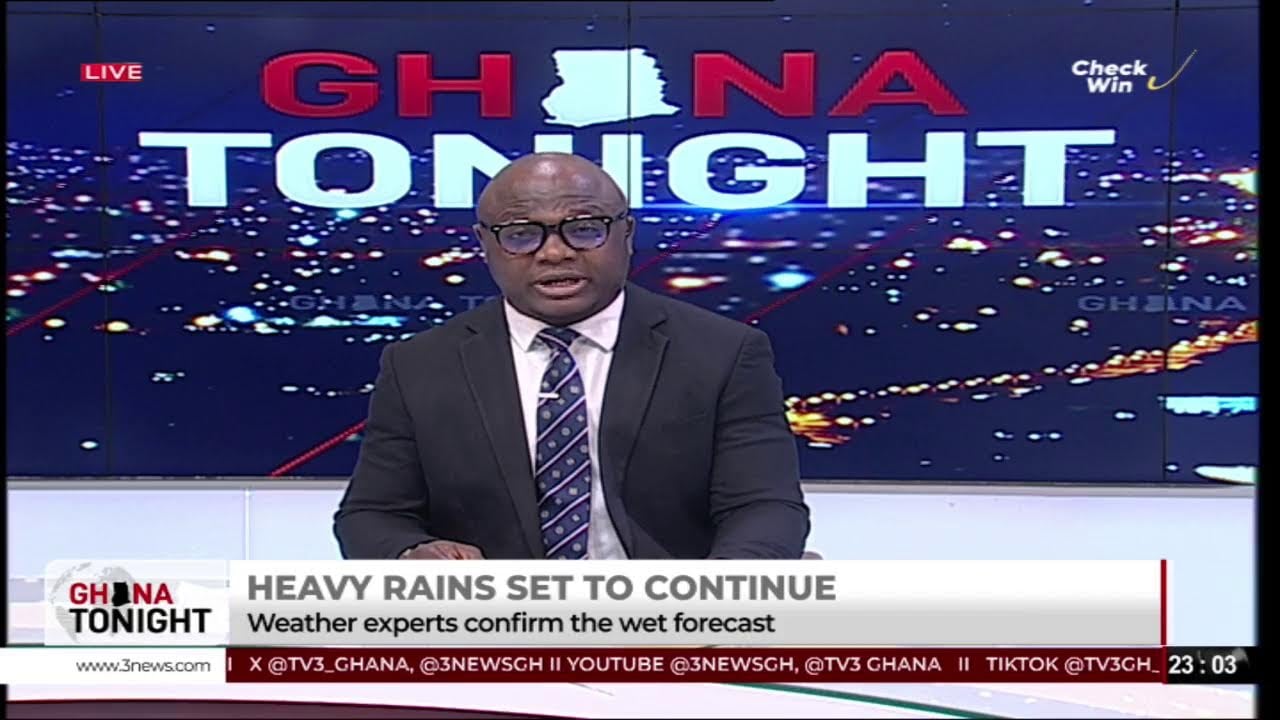

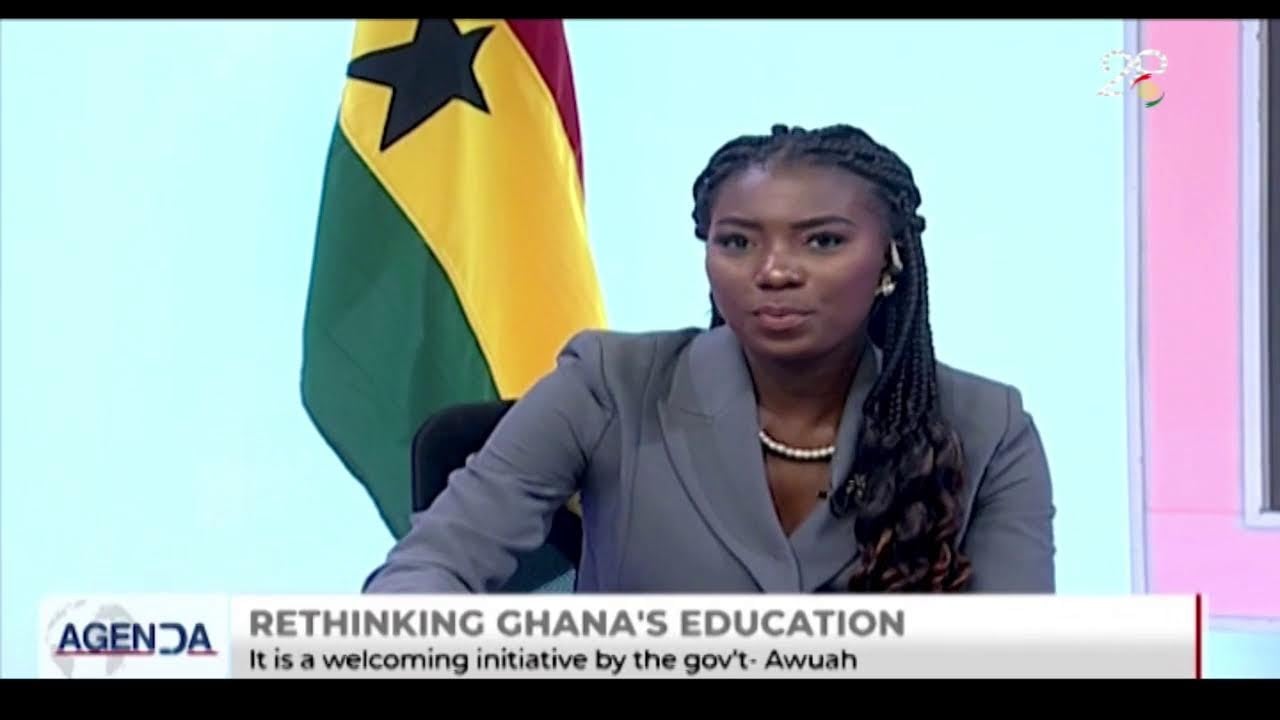






Facebook
Twitter
Pinterest
Instagram
Google+
YouTube
LinkedIn
RSS